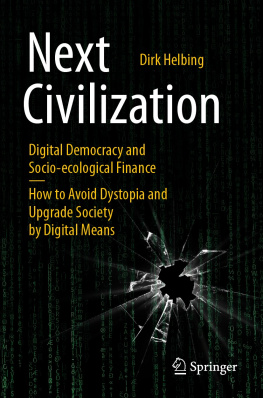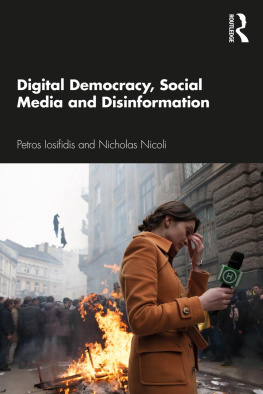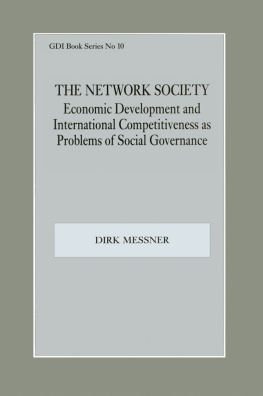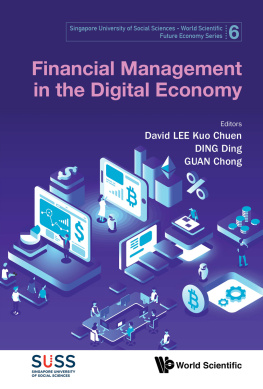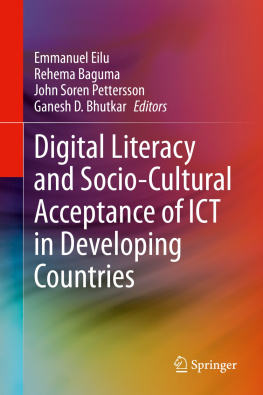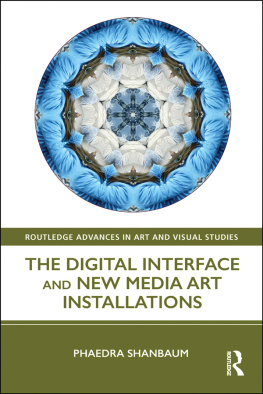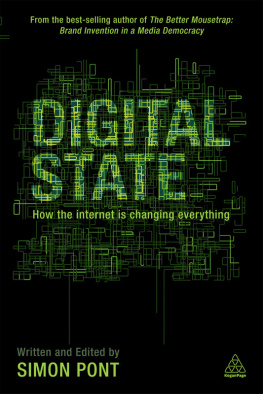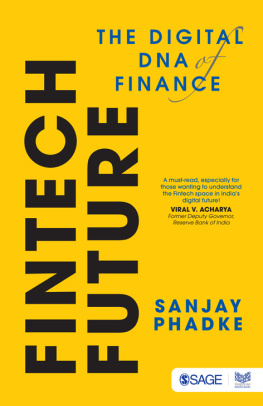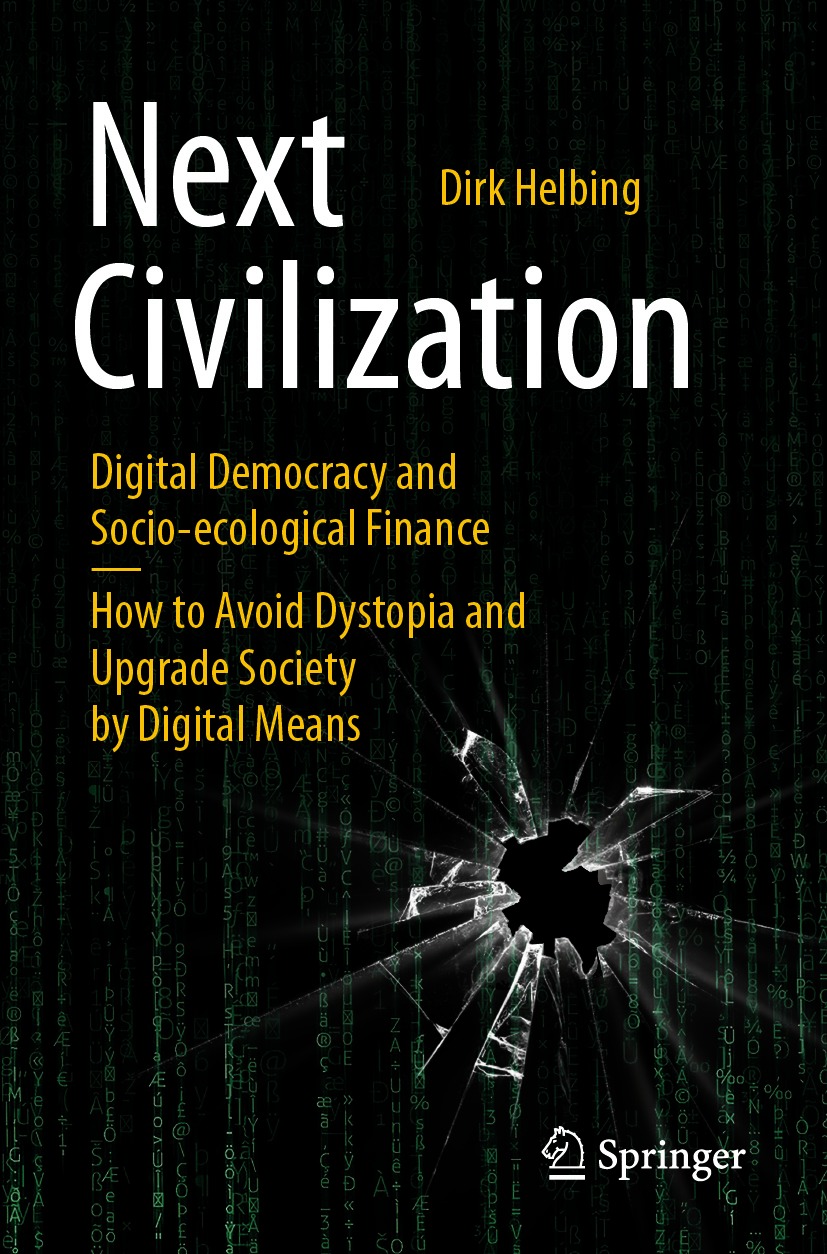We hold these truths to be self-evident, that all men are created equal, that they are endowed by their Creator with certain unalienable Rights, that among these are Life, Liberty and the pursuit of Happiness.
The United States Declaration of Independence after Thomas Jefferson
Those who surrender freedom for security will not have, nor do they deserve, either one.
Benjamin Franklin
Many people know me as the scientist who has worked, among other things, on traffic and pedestrian flows and crowd disasters. As some may still remember, I have also been the initiator and scientific coordinator of the FuturICT project. for example.
FuturICT was a visionary project for the digital age that was in the pole position for Europes one billion dollar flagship funding. In the course of this book, we will understand the worrying implications of this.
In principle, it is a normal thing that one project wins and another one loses, and people move on. However, here, things were pretty different for various reasons. Whatever part of the project I wanted to follow up onNervousnet, which was repeatedly not even accessible on the Internet. Furthermore, I was permanently put under pressure for years, and so I wondered what was going on
My discoveries were highly concerning.but without privacy, ethics, participation and democracy, it seems. Instead of a visionary, almost utopian project, it appears that dystopia is on its way, as I will show in the course of this book (besides the great potentials of the digital revolution, too).
I have been warning the world about the dangers of dual use
Furthermore, I have worked on the self-published book The Automation of Society Is Next: How to Survive the Digital Revolution,). For the sake of historical authenticity, I left the previous chapters largely unchanged.
From todays perspective, it is hard to imagine that the 2015 version of the book was highly controversial. At that time, a global digital control system was in the making. My alternative vision of the future, based on distributed organization, coordination, self-organization, and self-governance, fundamentally questioned the data-driven paradigm controlled by a powerful Artificial Intelligence (AI).
At that time, many were looking forward to the singularity, after which we would see a superintelligent system or digital God, based on mass surveillance data. It could also be tasked to make the world sustainable. Unfortunately, the Artificial Intelligence system may figure out that a depopulation strategy might fix the problem. Later on, you will learn that this terrible scenario is not just theoretical, but a real possibility and serious threat.
I have, therefore, started to work on concepts that could make the world more sustainable in a democratic way: digital democracy, City Olympics, democratic capitalism, and a socio-ecological finance system (FIN4) to boost a circular economy. In other words, there are surely alternatives to a dystopian future, but we would have to bring them on the way.
It turns out, however, that this is more difficult than expected, because many stakeholders seem to have different plans in mind, such as China, for example, or the big tech companies of surveillance capitalism. These often appear to be more interested in maximizing power or profit than in saving the world. And even those who claim that they want to save the world (such as CERN,) seem to pursue a centralized approach based on mass surveillance, with little transparency and no democratic participation.
In the end, one of the people who probably know more about this made a worrying statement in front of the United Nations General Assembly 2019:
Can we still have confidence in politics, in business, in international organizations? These are questions to which we must find answers at our General Assembly.
In fact, the past years have been a tough time characterized by a global struggle for the path into the future. The following events give just a glimpse of what has happened in these years.
On September 25, 2015, for example, a Snowden revelation was published about the Karma Police program run by British secret service GCHQ, which judges (the value of) everyones life based on mass surveillance. and felt like part of the apocalypse.
As a follow-up to the UN general assembly, from November 30 to December 16, 2015, the Paris Agreement was worked out, which tried to bring a binding global contract to fight climate change on the way.
Shortly before the Paris Agreement, I published the Digital Manifesto (Digital Democracy Rather than Data Dictatorship) ahead of the climate summit. The publication of the English translation was ready to be published in Scientific American the week after. However, it got delayed for more than a year (in fact, until the end of the Obama administration).
Already before Obama left his office, it seems that China was trying to take over the role of the worlds leading superpower. At the G20 summit in Hangzhou in September 2016, Obama was denied the usual red carpet treatment.:
this is also a time around the world when some of the fundamental ideals of liberal democracies are under attack, and when notions of objectivity, and of a free press, and of facts, and of evidence are trying to be undermined. Or, in some cases, ignored entirely

